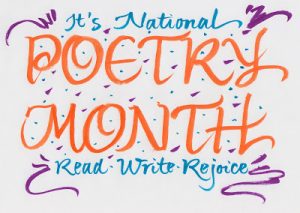
Not too long ago I created an activity with my students where I asked them to write three types of literary genres they enjoy the most. The task involved writing three words on index cards. I then asked them to meet in groups to share their words. Group by group, they would come to the podium and add their words on Wordle.net – adding each word repeatedly at times and only once other times. At the end, I would let WordleTM do its thing. The result was a collective word cloud that would visualize the commonalities among everyone in my class. Continue reading









